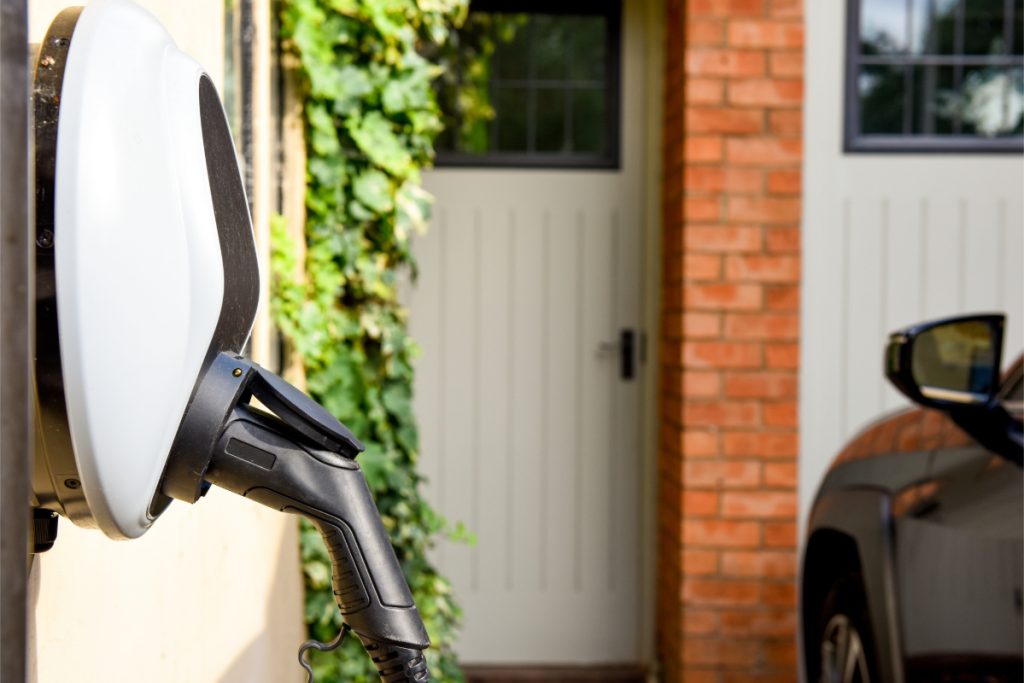How much does retrofit cost?
Every home is unique and requires different energy efficient measures to ensure an effective retrofit.

Upfront retrofit costs can be expensive depending on what energy efficient measures you have installed, but the returns can be huge. These include lower energy bills, a higher home value and a better planet. So it’s important to look at retrofit as an investment.
When thinking of retrofit, it’s good to remember that as well as the cost of the measures you want installed in your home, you also need to consider the labour costs for a qualified engineer to install them.
You might also need to consider the costs for a building warrant depending on your property type or if you live in a conservation area.
Retrofit finance options
It’s important to know that there are numerous grants and funding options available to help with your retrofit. These include the Home Energy Scotland Grant and Loan and Energy Efficient Scotland: Area Based Schemes.
Funds such as these can often cover most of, if not all, the costs of retrofitting work.
Retrofitting grants and funding
Find out more about the finance options available to you to help fund your retrofit.
Retrofit costs and savings

The Energy Saving Trust has researched typical retrofit costs and potential savings.
For example, the typical cost of installing cavity wall insulation in a semi-detached house is £2,700. On average, this can save you around £280 per year on your energy bills.
Installing a larger measure, such as an air source heat pump, typically costs around £14,000. A heat pump runs on electricity, so there are also running costs to consider.
Heat pumps are incredibly efficient, but at the time of writing gas is still cheaper than electricity. This means that savings on your energy bill will differ depending on what type of fuel you’re switching from.
However, it’s important to remember that these numbers can alter depending on your circumstances, including location and the size of your home.
Raise the value of your home

In one of the largest ever studies of its kind, the World Wildlife Fund (WWF) and Scottish Power investigated how Low Carbon Technologies (LCTs) impacted property prices.
The research project found that home improvements such as heat pumps, solar panels and electric vehicle chargers can increase the value of a home by up to £10,000.
The research shows that an energy efficient home, fitted with renewable technologies, can achieve:
- Savings of £1,634 per year on energy bills
- A 95% reduction in C02 emissions
In terms of individual upgrades, the report found:
- An air-source heat pump could boost a home’s value by £5,000-£8,000
- Solar panels could add around £1,350-£5,400 to the sale price
- An electric vehicle charge point could improve value by around £5,000
When these energy efficiency improvements are taken together, retrofit could increase the value of a home by an average of £10,000.
Useful pages
Is this page useful?